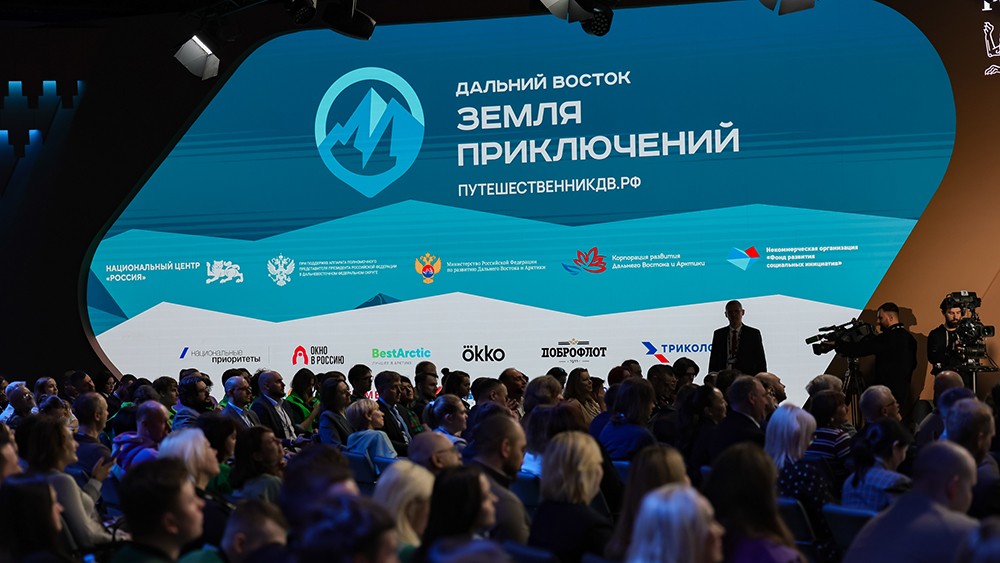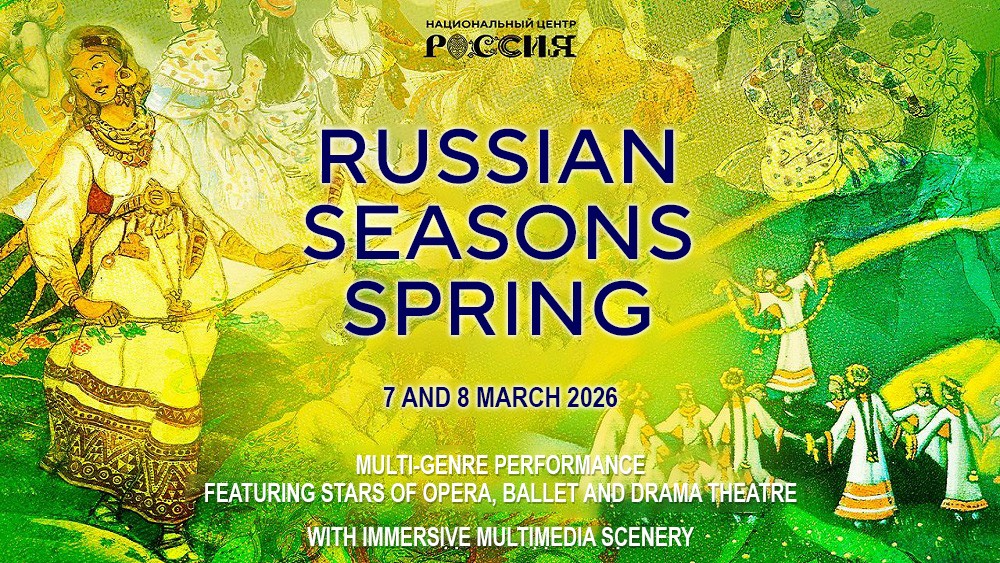Superfoods for children: nutrition culture was discussed at the National Centre RUSSIA
The panel discussion "Preserving Health from an Early Age: How to Promote a Culture of Health Preservation Through Nutritional Education for Children. Superfoods in Children’s Diets" was held on April 4 at the National Centre RUSSIA as part of the program of the First International Forum of Wild Plant Processors and Superfood Producers.
The speakers included Andrei Fateyev, Vice President for Educational Projects at the ANO "Institute of Sectoral Nutrition"; Yelena Rivkina, lifestyle modification and non-pharmaceutical wellness specialist, expert in children’s nutrition; and Yelena Semyonova, researcher at the Research Institute of Child Nutrition — a branch of the Federal Research Centre of Nutrition and Biotechnology. The discussion was moderated by Vladimir Chernigov, President of the ANO "Institute of Sectoral Nutrition".
"For me, a superfood is a complete food rich in micro- and macronutrients, one that allows the human body to build and restore itself. Feeding the nation with healthy food is, in my opinion, an obvious goal. But today, many people struggle with their consumer baskets — they buy and consume few vegetables and healthy fats. On a broader scale, we observe a tendency where people eat, but they are still hungry because they don’t receive what they really need," said Yelena Rivkina.
She presented data on Russians’ attitudes toward healthy eating in recent years. According to statistics, 75% of the country’s population have a positive perception of the very idea of a healthy lifestyle. Survey results show that 64 million people would like to follow the principles of healthy nutrition, and about 7 million — to lead a healthy lifestyle and regularly engage in fitness.
Yelena Rivkina also emphasized that the development of children’s eating habits is directly influenced by the nutrition culture within the family. This point was supported by Andrei Fateyev.
"While promoting the absolutely right idea of healthy, balanced nutrition, we must definitely find a balance between educators and families. In some regions of Russia, there are programs that promote locally produced foods, and there are attempts to introduce them into educational institutions. There are also excellent initiatives where schools organize days dedicated to the cuisines of different nationalities. This fosters both culture and patriotism," said Andrei Fateyev.
In turn, Vladimir Chernigov reminded that work on updating the children's nutrition system has been underway for two decades.
The forum was organized by the Union of Wild Plant Processors "National EcoResource", which celebrates its 12th anniversary this year. Over this time, the organization has played a significant role in the development of the wild plant harvesting and processing sector, uniting producers, gatherers, and processors across the country.
The results of the 3rd season of the All-Russian contest "Far East — Land of Adventure" were announced at the National Centre RUSSIA on 5 March.
The National Centre RUSSIA welcomes spring in grand style with the premiere of the original multi-genre performance "Russian Seasons. Spring".
The fifth ceremony of the Znanie.Award, the country’s main educational award and the flagship project of the Russian society Znanie.



